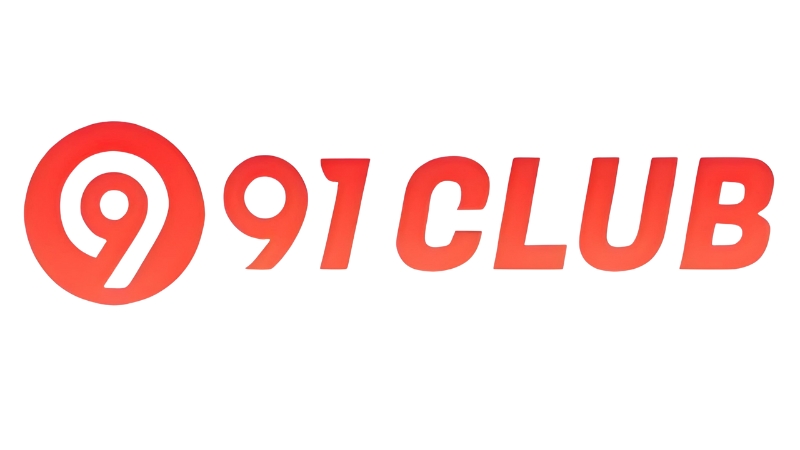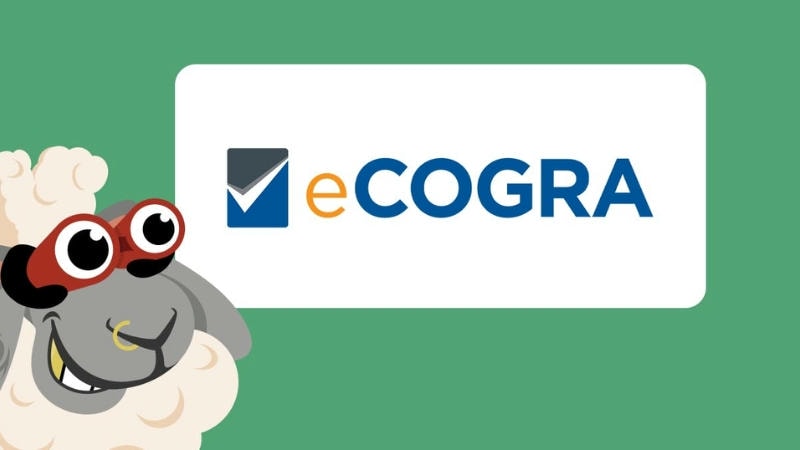In today’s digital gambling landscape, trust and transparency are more important than ever. Players are no longer satisfied with just flashy interfaces or big bonuses—they want proof that a casino operates fairly and securely. That’s why certifications from trusted organizations like eCOGRA and iTech Labs have become essential. But what exactly do these certifications mean for players and casinos alike?
Certification reinforces trust in a competitive market
The online casino industry is one of the most competitive digital spaces today. With thousands of platforms available globally, players are faced with the challenge of choosing who to trust with their time and money. A legal license may show that a casino is allowed to operate, but it doesn’t guarantee that the platform plays fair.
That’s where third-party certifications come in. When players see that a casino is certified by eCOGRA or iTech Labs, they immediately associate it with fairness, safety, and accountability. These certifications act like a seal of approval, verifying that the casino’s games, payment systems, and customer service meet international standards.
A study conducted in 2023 revealed that over 70% of online players prefer to deposit on platforms that display recognized certification marks. This shows a clear connection between certifications and player trust.

Proving fairness in gameplay
Perhaps the most important role that certifications play is in confirming game fairness. When someone spins a slot or plays a hand of blackjack online, they want to know the results are based on chance—not manipulation.
Both eCOGRA and iTech Labs are experts in testing Random Number Generators (RNGs). These are the mathematical systems behind every outcome in a casino game. The certification process involves evaluating these RNGs to ensure they are unpredictable and unbiased.
For instance, iTech Labs uses statistical analysis tools to simulate thousands of game rounds. If the results show unusual patterns or predictable trends, the software fails the test. Casinos must then fix the issue before being certified.
Platforms like 91 Club have adopted this process as part of their commitment to transparency. Their games are independently verified to meet fairness standards. That means players can feel more confident placing bets, knowing there’s no hidden advantage in the system.
Player protection goes beyond the games
Fair gameplay isn’t the only concern for online gamblers. They also care deeply about data privacy and the security of their funds. Certification agencies don’t just test games—they evaluate how a casino manages player accounts, payment systems, and personal information.
eCOGRA, for example, requires that certified casinos use modern encryption protocols such as 128-bit SSL or higher. This ensures that sensitive data—such as passwords, payment details, and personal information—is safely transmitted and stored.
Beyond encryption, certification includes checks for responsible gaming policies. Certified casinos must offer features like deposit limits, self-exclusion options, and prompt support for those at risk of problem gambling. For players, especially beginners, these systems add an extra layer of care and support.

Boosting a casino’s global legal standing
Operating a casino legally is complex. Each country has its own rules, regulations, and required licenses. While a license from places like Malta, Curacao, or the Philippines gives the casino permission to operate, many jurisdictions demand additional proof that the platform follows ethical practices.
eCOGRA and iTech Labs help casinos meet those demands. Their certifications act as proof to governments, financial institutions, and watchdogs that a casino not only operates legally but also ethically and transparently.
For example, in markets like the United Kingdom and Australia, local authorities often require proof of independent game testing and consumer protection. Casinos that fail to meet these requirements are blocked from operating.
That’s why platforms like 91 Club, which aim to grow beyond local markets, seek certification early. It helps them avoid legal problems and enter regulated markets more smoothly.
Improving customer experience and satisfaction
The user experience is at the core of a successful online casino. Players want quick access to games, fast payments, and helpful customer support. Surprisingly, certifications play a role in all of these areas.
Certified casinos must meet response time standards for customer service. They are also required to process withdrawals within a reasonable timeframe and handle complaints with a defined process. In some cases, certification agencies act as mediators if disputes arise between players and the casino.
This proactive approach leads to fewer player complaints, higher satisfaction rates, and stronger player retention. At 91 Club, for instance, users often praise the fast support and consistent payouts. These aren’t just business practices—they’re part of the certification checklist.
Partnering with trusted payment providers
Getting certified isn’t just about pleasing players. It also opens doors to better business partnerships. Many top-tier payment providers, such as PayPal, Visa, and Skrill, require casinos to pass independent audits before they allow them to integrate their systems.
Payment processors care about fraud prevention, anti-money laundering (AML) procedures, and user data protection. Certification from a recognized agency signals that the casino is a low-risk partner.
For casinos like 91 Club, which offer a wide range of payment methods, this certification makes transactions faster, smoother, and more secure. It also reduces the chances of delays, declined payments, or blocked accounts—something every player appreciates.

Reducing disputes and building long-term loyalty
Every online casino will face complaints. Whether it’s a delayed withdrawal, a game crash, or confusion over a bonus, players need to feel that issues will be handled fairly. Certification plays a major role here.
eCOGRA, in particular, offers dispute resolution services. If a player files a complaint and doesn’t get a response from the casino, eCOGRA can step in as a neutral third party. Their process is known for being fair, fast, and player-focused.
This system benefits both sides. Players feel protected, and casinos can resolve issues without negative publicity. Over time, this builds brand loyalty and a more stable user base.
Making an impression in affiliate networks
Finally, it’s worth mentioning the role of certification in marketing. Many leading casino review sites and affiliate networks refuse to promote unlicensed or uncertified platforms. They only work with operators who meet specific standards of fairness and reliability.
A casino that lacks certification may be invisible in top-tier rankings, even if it has great games and offers. On the other hand, certified casinos often receive premium placement and exposure.
For 91 Club, certification has been a powerful marketing tool. It shows affiliates and influencers that the platform is serious about integrity, making them more likely to promote it confidently to their audiences.
In the end, certifications from eCOGRA and iTech Labs offer more than credibility—they represent a casino’s commitment to fairness, security, and responsible gaming. For both players and operators, they provide peace of mind and long-term value. Choosing certified platforms ensures a safer, more transparent gambling experience, making it a smart move in today’s competitive market.

